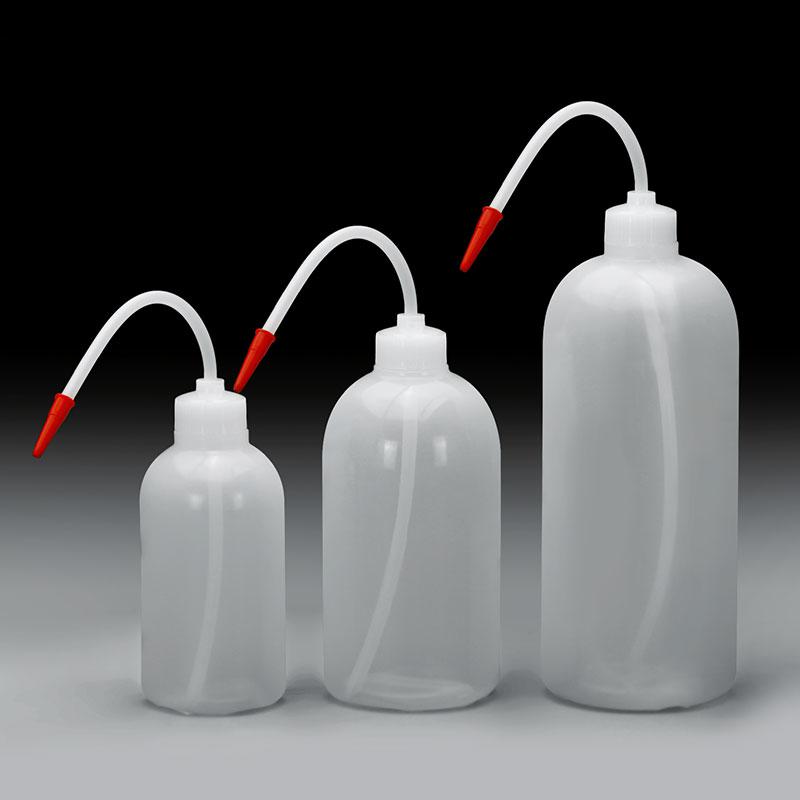tert-butyl 2-iodo-1H,4H,5H,6H,7H-imidazo[4,5-c]pyridine-5-carboxylate, 95%
- CAS Number : 1421503-53-8
- IUPAC Name : tert-butyl 2-iodo-3,4,6,7-tetrahydroimidazo[4,5-c]pyridine-5-carboxylate
- Inchi : InChI=1S/C11H16IN3O2/c1-11(2,3)17-10(16)15-5-4-7-8(6-15)14-9(12)13-7/h4-6H2,1-3H3,(H,13,14)

